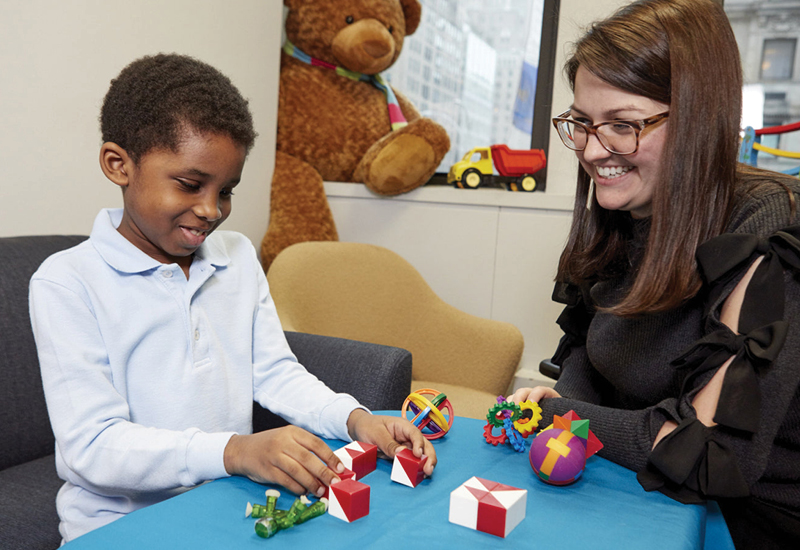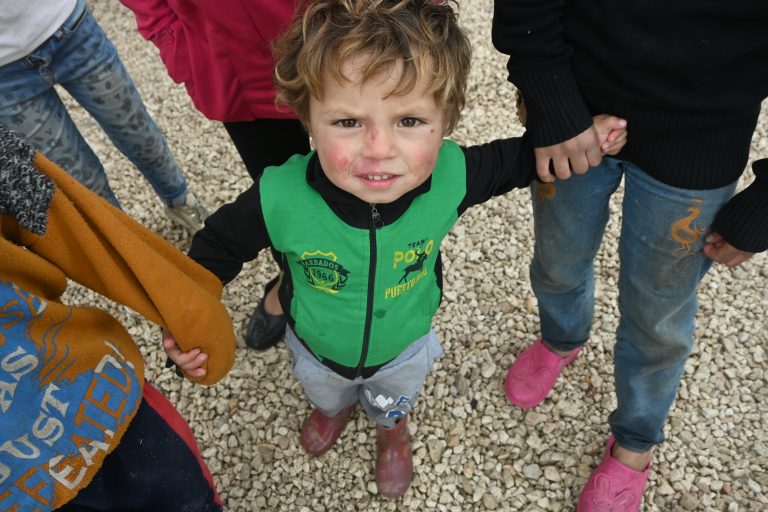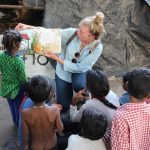Empowering Children Through Islamic Charitable Initiatives
Empowering children through Islamic charitable initiatives is a multifaceted endeavor that extends far beyond mere provision. It encompasses a holistic approach aimed at nurturing their intellectual, social, and emotional development. Recognizing education as a cornerstone of empowerment, these initiatives prioritize not just academic instruction but also holistic learning experiences. Through strategic partnerships with schools, madrasas, and community centers, Islamic charitable initiatives endeavor to broaden access to quality education, particularly in underserved areas. Additionally, they offer supplementary programs like tutoring, vocational training, and literacy classes, tailored to address the diverse needs of children.

Empowering Children Through Islamic Charitable Initiatives: Fostering Holistic Education for Comprehensive Empowerment
Empowering Children Through Islamic Charitable Initiatives involves a multifaceted approach to addressing education as a fundamental tool for empowerment. These initiatives prioritize not only the provision of formal education but also emphasize the importance of holistic learning experiences. Through partnerships with schools, madrasas, and community centers, these initiatives aim to enhance access to quality education for children in underserved areas. Moreover, they often offer supplementary educational programs, such as tutoring, vocational training, and literacy classes, catering to the diverse needs of children.
By integrating Islamic values and teachings into the curriculum, these initiatives not only impart knowledge but also instill moral values, ethics, and a sense of identity and belonging. Furthermore, Islamic charitable initiatives recognize the critical role of education in breaking the cycle of poverty and empowering children to create better futures for themselves and their communities. By investing in education, these initiatives equip children with the necessary skills, knowledge, and confidence to overcome challenges and pursue their aspirations. Ultimately, through their commitment to education, Islamic charitable initiatives contribute significantly to the holistic empowerment of children, fostering their intellectual, social, and emotional development, and paving the way for a brighter and more prosperous future.

Ensuring Equitable Healthcare Access for Children: The Impact of Islamic Charitable Initiatives
Empowering Children Through Islamic Charitable Initiatives extends beyond education to encompass healthcare, a crucial aspect of promoting children’s well-being. These Empowering Children Through Islamic Charitable Initiatives recognize that access to healthcare is essential for children to thrive and reach their full potential. By leveraging their resources and networks, Islamic charitable initiatives work tirelessly to ensure that children have access to quality healthcare services, regardless of their socioeconomic background or geographic location. Through partnerships with local hospitals, clinics, and healthcare providers, these Empowering Children Through Islamic Charitable Initiatives establish medical camps, mobile clinics, and healthcare centers in underserved communities, bringing essential medical services directly to those in need. Furthermore, these Empowering Children Through Islamic Charitable Initiatives often provide financial assistance and support to families who cannot afford healthcare expenses, ensuring that no child is denied medical treatment due to financial constraints.
Moreover, Islamic charitable initiatives prioritize preventive healthcare measures, including vaccinations, regular check-ups, and health education programs, to safeguard children’s health and well-being. By raising awareness about common health issues and promoting healthy habits and lifestyles, these Empowering Children Through Islamic Charitable Initiatives empower children and their families to take proactive steps towards better health outcomes. Additionally, Islamic principles of compassion, empathy, and social justice underpin these healthcare efforts, guiding the provision of care with a focus on dignity, respect, and equity for all. Furthermore, Islamic charitable initiatives recognize the interconnectedness of health with other aspects of children’s lives, such as nutrition, sanitation, and hygiene. Therefore, they often implement integrated programs that address multiple determinants of health, aiming for comprehensive and sustainable solutions. Through these holistic approaches, Empowering Children Through Islamic Charitable Initiatives not only treat illnesses but also promote overall well-being and resilience among children and their communities. In essence, Empowering Children Through Islamic Charitable Initiatives involves a commitment to ensuring access to healthcare as a fundamental right for all children. By providing medical care, promoting preventive measures, and addressing broader determinants of health, these Empowering Children Through Islamic Charitable Initiatives play a vital role in safeguarding children’s health and empowering them to lead healthy, fulfilling lives.
Holistic Empowerment of Children: Integrating Socio-Economic and Psychosocial Support through Islamic Charitable Initiatives
Empowering Children Through Islamic Charitable Initiatives suffuses a broad spectrum of efforts aimed at supporting the overall development and well-rounded empowerment of children, extending beyond education and healthcare. These initiatives recognize that children’s empowerment requires addressing various aspects of their lives to ensure holistic growth and resilience.
One way Islamic charitable initiatives support children’s overall development is by fostering socio-economic empowerment. This involves providing economic opportunities for children’s families, such as microfinance programs, vocational training, and income-generating activities. By empowering parents economically, these initiatives indirectly support children’s well-being, ensuring they have access to basic necessities and a stable home environment conducive to their development.
Moreover, Islamic charitable initiatives prioritize psychosocial support and emotional well-being as essential components of children’s empowerment. They provide counseling services, mentorship programs, and safe spaces where children can express themselves, build relationships, and develop coping skills. By addressing the emotional needs of children and promoting resilience, these initiatives help them navigate challenges and develop into confident and emotionally intelligent individuals.
Furthermore, Islamic charitable initiatives promote cultural preservation and identity affirmation as part of children’s empowerment. They celebrate cultural diversity, language, and heritage, providing platforms for children to learn about and take pride in their cultural roots. By fostering a sense of belonging and cultural identity, these initiatives strengthen children’s self-esteem and confidence, empowering them to embrace their unique identities while respecting others’.
Additionally, Islamic charitable initiatives emphasize the importance of moral and ethical development in shaping children’s characters. Through religious education, ethics classes, and moral teachings, these initiatives instill values such as compassion, empathy, honesty, and integrity in children, guiding them to become responsible and ethical members of society.
In essence, Islamic charitable initiatives support the overall development and well-rounded empowerment of children by addressing various dimensions of their lives. Through socio-economic empowerment, psychosocial support, cultural affirmation, and moral guidance, these initiatives strive to nurture children’s potential and equip them with the skills, knowledge, and values needed to thrive in all aspects of life.
Empowering Children Through Islamic Charitable Initiatives: Facilitating Community-Based Skill-Learning for Enhanced Well-being
Islamic charitable initiatives play a crucial role in ensuring access to community-based skill-learning for children, which in turn promotes their overall well-being. These initiatives recognize the significance of equipping children with practical skills that not only enhance their personal development but also empower them to contribute meaningfully to their communities. By providing opportunities for skill-learning within the community, Islamic charitable initiatives foster a supportive environment where children can explore their interests, develop their talents, and build valuable competencies.
One way these initiatives support skill-learning is by establishing community centers or youth clubs that offer a variety of educational and vocational programs. These centers serve as safe and inclusive spaces where children can participate in workshops, training sessions, and hands-on activities focused on acquiring new skills. From computer literacy and vocational training to arts and crafts or agricultural skills, these programs cater to diverse interests and needs, allowing children to discover their strengths and passions.
Moreover, Islamic charitable initiatives often collaborate with local artisans, professionals, and experts to facilitate mentorship and apprenticeship opportunities for children. Through these partnerships, children have the chance to learn directly from skilled individuals in various fields, gaining practical knowledge and real-world experience. Whether it’s learning traditional crafts, acquiring technical skills, or exploring entrepreneurship, these mentorship programs empower children to pursue their interests and aspirations with confidence.
Furthermore, Islamic charitable initiatives recognize the importance of incorporating Islamic values and ethics into skill-learning programs. They emphasize principles such as integrity, compassion, and social responsibility, guiding children to use their skills for the greater good and to contribute positively to society. By instilling moral values alongside practical skills, these initiatives nurture well-rounded individuals who are not only competent but also conscientious and ethical in their actions.
Overall, by ensuring access to community-based skill-learning opportunities, Islamic charitable initiatives play a pivotal role in promoting children’s well-being. Through these programs, children not only acquire valuable skills for personal and professional growth but also develop a sense of empowerment, belonging, and purpose within their communities. By investing in the potential of children and equipping them with the tools they need to succeed, these initiatives contribute to building resilient and thriving communities for the future.
Final thought
In conclusion, the holistic approach taken by Islamic charitable initiatives in empowering children sets a profound example of compassionate and comprehensive support. By recognizing the interconnectedness of education, healthcare, socio-economic empowerment, and psychosocial well-being, these initiatives create a nurturing environment where children can thrive and reach their full potential. Through their tireless efforts, Islamic charitable initiatives not only address immediate needs but also lay the foundation for a brighter and more prosperous future for generations to come. Their commitment to holistic empowerment resonates deeply, offering hope and opportunity to children in need around the world.
Read more: From Food Scarcity to Abundance: Transforming Lives Through Meal Programs




